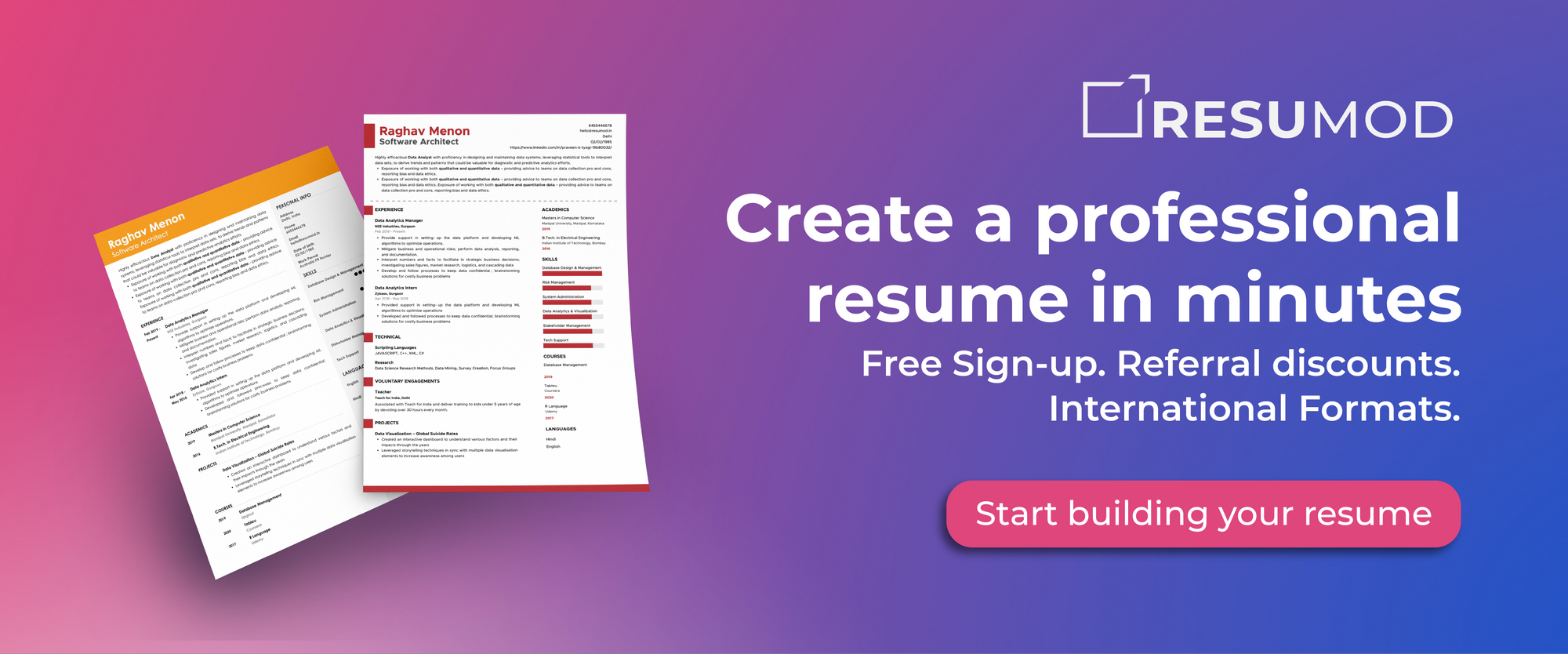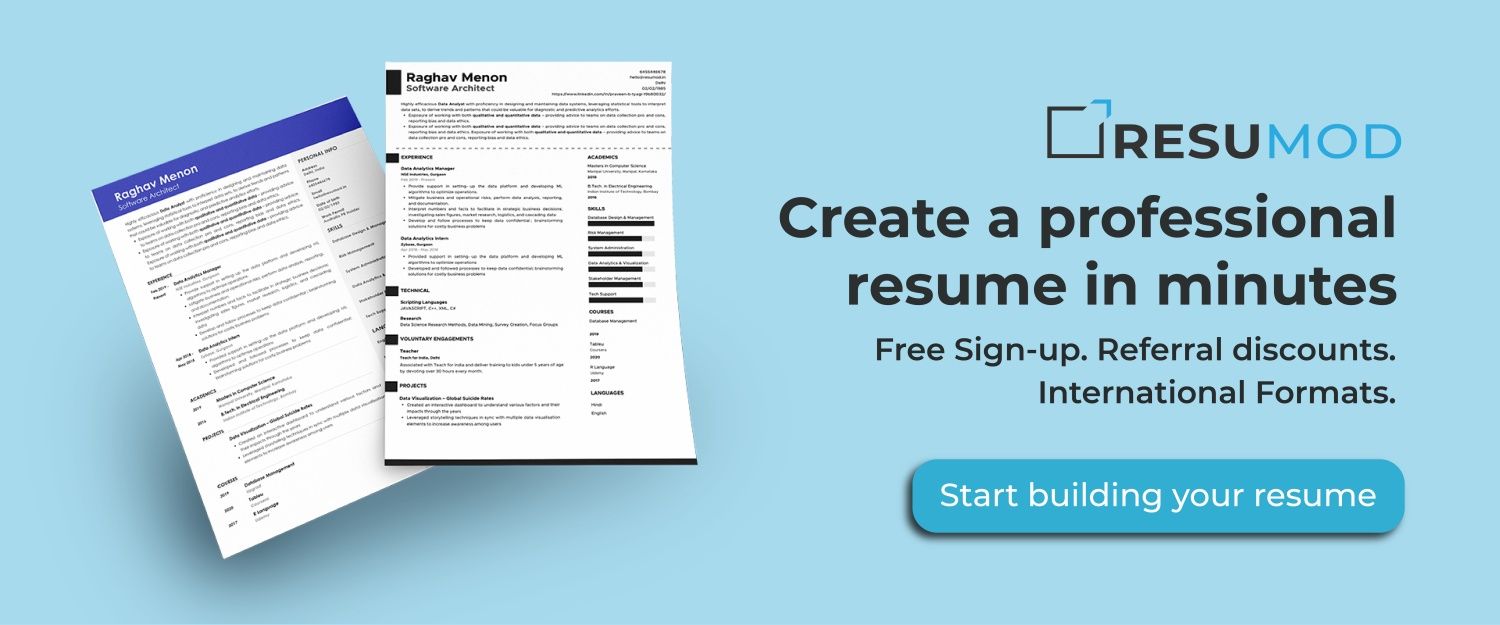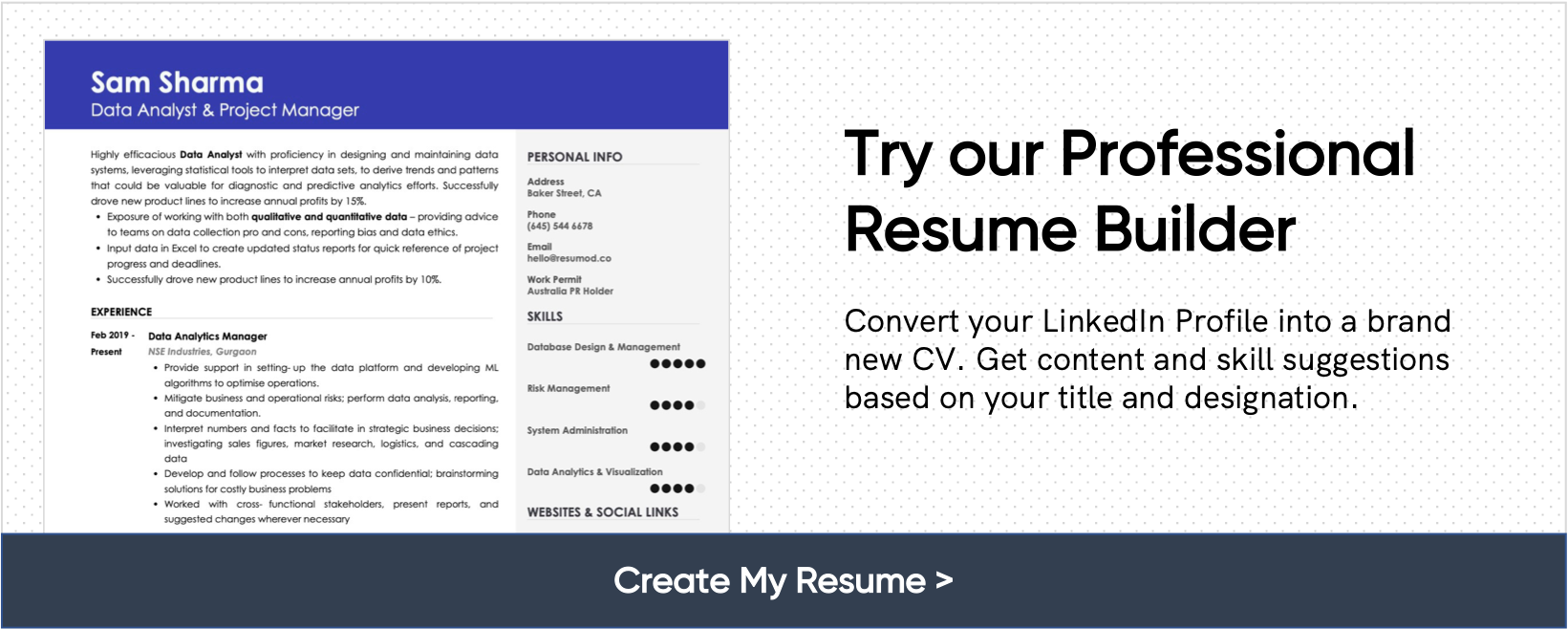Why Gen Z Job Seekers Are Ditching Traditional Resumes (And What Works Instead)
Gen Z now makes up about 27% of the global workforce. But they aren't following the same career blueprint as previous generations. While older workers often prioritized climbing the corporate ladder or earning top degrees, today’s young professionals are taking a more flexible, skills-first approach
In this blog we’ll explore why younger job seekers move away from traditional resumes, which alternatives gain popularity, and how job seekers and employers can adapt to this new digital world. Success in today's job market depends on understanding these changes, whether you're a Gen Z professional charting your career or an employer seeking young talent.
A Quick Look Back: The Traditional Resume Era
Resumes have been the life-blood of job applications for more than a century now. Many people are well-versed about Leonardo da Vinci's letter to the Duke of Milan in 1482 the first professional resume. He listed his talents and qualifications in what became the foundation for today's standardized document.
Paper dominated job applications for most of the 20th century. Newspaper ads showed brief job descriptions that rarely exceeded a sentence or two. Job seekers spent hours crafting their resumes. They paid close attention to fonts, margins, and even the shape of bullets before printing multiple copies on premium paper. These steps were time-consuming.
But if we understand that Gen Z has grown up in a world where everything is visual, fast, and digital. So, it’s no surprise they’re rethinking how they present their professional identity.
Why Gen Z Is Moving Away from Traditional Resumes
Recent surveys show 62% of Gen Z thinks traditional resumes will become obsolete by 2028. It is because this generation grew up digital-first, lives with purpose, and thinks like entrepreneurs. They want to prove their skills through action rather than words on paper.
The standard one-page PDF resume has been the hiring norm for decades. Gen Z finds its limitations frustrating. These documents give little chance to show creativity and focus too much on linear career paths. They fail to reveal someone's personality and often get buried among hundreds of similar applications.
Gen Z takes a different approach to career growth. Just 6% say their main goal is reaching a leadership position. They value work-life balance and skill development. Finding meaningful work matters more. These candidates look for employers who support career growth through transparent, skills-based evaluations.
What Gen Z Job Seekers Are Using Instead
Gen Z candidates are finding innovative ways to present themselves that match their digital-first mindset and diverse skill sets.
Personal websites and digital portfolios
Digital portfolios work like interactive scrapbooks that show skills through ground examples. A strong online portfolio brings your career journey and abilities to life and creates lasting impressions with future employers. It showcases project highlights, work samples, and client testimonials. Professionals beyond creative roles - marketers, developers, and business analysts now create portfolios to differentiate themselves. And the best part? Anyone can build one easily today using tools like Wix, WordPress, or Portfolio Box.
LinkedIn and social-first job applications
Gen Z treats social media as part of their career story. They use LinkedIn to network, but also share their work and ideas on Instagram and X. For them, these platforms aren’t just for fun. They’re places to build a personal brand and connect with future employers.
TikTok resumes and short-form video pitches
A surprising 46% of Gen Z landed jobs or internships through TikTok. These short videos have become the new elevator pitch. In less than a minute, Gen Z job seekers introduce themselves, show their skills, and share what they’re looking for. Employers are noticing too as these clips make hiring feel more real and human.
Practical Tips for Job Seekers
New resume tactics can open doors in today’s fast-changing job market. These practical tips will guide both Gen Z professionals and their recruiters through modern job applications.
- Keep your resume 1-2 pages: Always have a clean, keyword-optimized PDF or plain-text version ready. One-two focused pages beats multiple pages resumes.
- Tailor every resume: Customize your resume for each job application by highlighting the most relevant experiences and skills that align with the job description.
- Incorporate design elements such as infographics or icons to make your resume visually appealing while maintaining clarity and professionalism.
- Use industry-specific keywords to ensure your resume passes through Applicant Tracking Systems (ATS) and catches the attention of hiring managers.
- Keep your online presence clean and aligned: A strong, consistent presence on one or two platforms works better than a scattered approach across many. Your digital footprint should weave a compelling story about your professional identity.
- Create a 30-second self-introduction video: Video resumes need to be brief and well-structured, ideally between 30-60 seconds. Start with a solid introduction, highlight your two or three biggest achievements, detail relevant skills, and close with a powerful call to action.
- Use AI tools smartly: Platforms like ChatGPT or Resumod can help rewrite job descriptions into resume bullets but always personalize the final draft.
Conclusion
Most Gen Z job seekers still use traditional applications, but they've reimagined these tools with a fresh approach that expresses their authentic selves. Their priorities lean toward digital portfolios, social media presence, and video presentations. This shows a fundamental change in how professionals display their capabilities.
The new approach to resumes proves that professional presentation must keep pace with workforce values. While static documents worked well before, today's professionals succeed through dynamic, multi-dimensional methods. The key isn't to abandon tradition completely but to blend proven practices with fresh approaches that capture each candidate's unique qualities.
It's why the most successful Gen Z candidates strike a balance between professionalism and personality. This approach lets employers see both their talents and true character. Authenticity matters more than perfection.



